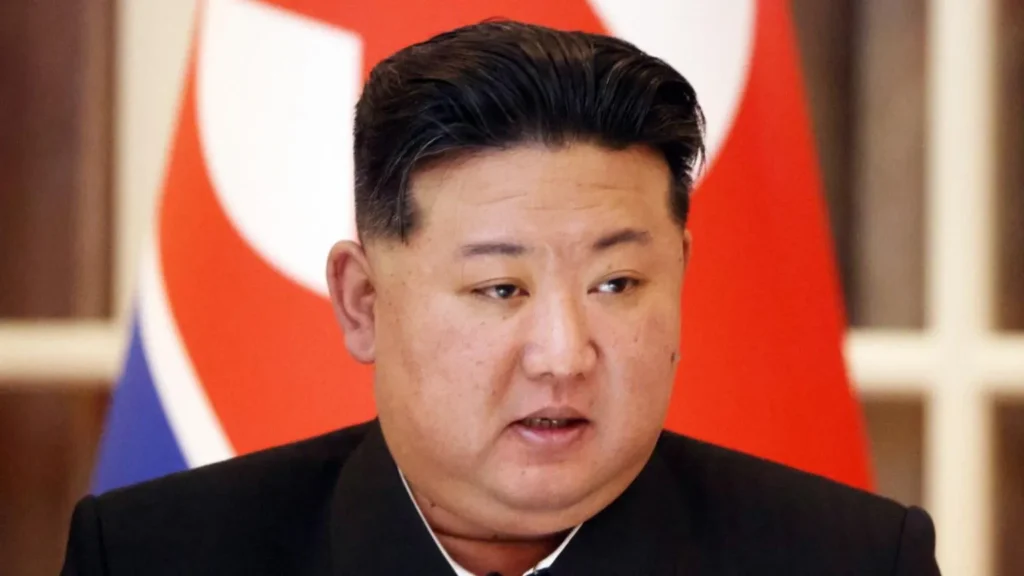A new UN report has revealed that North Korea is using the death penalty more frequently, including for citizens caught watching or sharing foreign films and TV dramas.
The report, based on over 300 interviews with defectors, also found a rise in forced labor and tighter government control over daily life.
Public Executions to Instill Fear
At least six new laws since 2015 allow the death penalty for crimes like consuming foreign media. Escapees reported that public executions by firing squads have increased since 2020.
Kang Gyuri, who fled North Korea in 2023, said three of her friends were executed for having South Korean content. She added, “Since 2020, people have become more afraid.”
Worsening Living Conditions
Conditions have deteriorated since 2019, when Kim Jong Un focused on nuclear weapons development instead of diplomacy. Many escapees reported extreme food shortages during the COVID-19 pandemic.
Crackdowns on informal markets made it even harder for families to make a living. Three meals a day became a luxury, and escaping the country is now almost impossible due to tightened borders.
Forced Labor and Hazards
The report also revealed an increase in forced labor, with poor families and orphans recruited into dangerous “shock brigades” for construction and mining.
Deaths on these projects are glorified as sacrifices to Kim Jong Un, rather than being treated as workplace accidents.
Political Prison Camps Still Operating
North Korea’s political prison camps remain active, with detainees suffering torture, malnutrition, and overwork. Some minor improvements, such as slightly reduced violence by guards, were reported.
UN Calls for Action
The UN urges North Korea to abolish the death penalty, end forced labor, and teach citizens about human rights. The report also calls for the situation to be referred to the International Criminal Court, though China and Russia have blocked UN Security Council sanctions.
The UN warns: “Over the past 10 years, the government has exercised near total control over people, leaving them unable to make their own decisions. Without intervention, suffering will only increase.”

